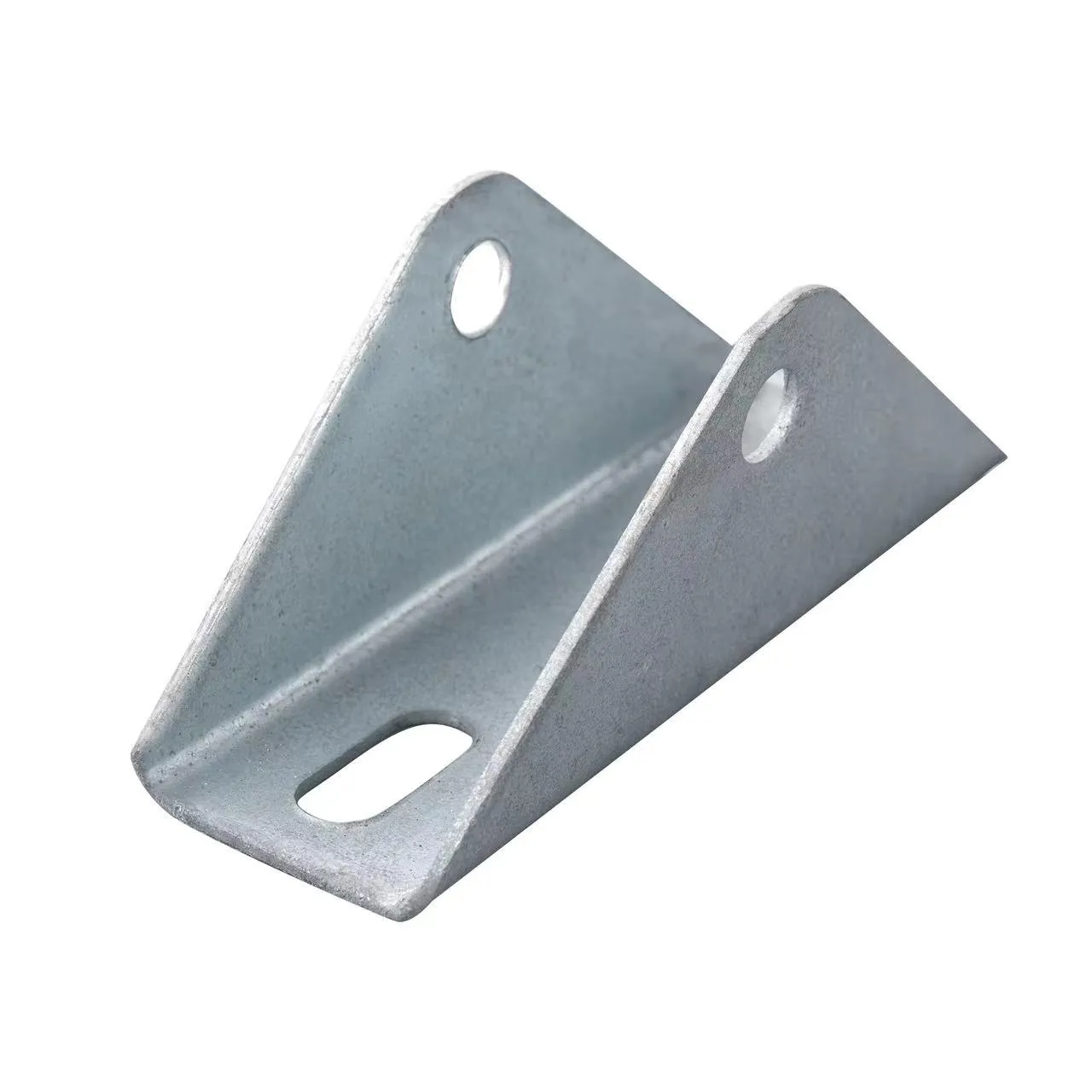

Stud Bolts DIN 976 Specifications and Applications in Engineering Industries
Oct . 21, 2024 23:34 Back to list
Stud Bolts DIN 976 Specifications and Applications in Engineering Industries
Understanding Stud Bolts A Deep Dive into DIN 976 Standards
Stud bolts are crucial components used in various industrial applications ranging from construction to machinery. Among the many standards governing the manufacture and design of stud bolts, the German Institute for Standardization (Deutsches Institut für Normung, DIN) provides one of the most recognized specifications DIN 976. This article explores the key features of stud bolts as per DIN 976 and their importance in mechanical applications.
What is a Stud Bolt?
A stud bolt is a type of fastener characterized by a threaded rod with no head and threads extending along its entire length or partially. Stud bolts are typically used in conjunction with nuts and are designed to clamp materials together. They differ from regular bolts primarily in that they do not have a head, allowing for greater flexibility in how they are fastened.
The DIN 976 Standard
DIN 976 provides specific guidelines and requirements for the dimensions, tolerances, materials, and mechanical properties of stud bolts. The standard categorizes stud bolts based on their diameters and lengths, ensuring a uniform approach to manufacturing and usage. By adhering to these guidelines, manufacturers provide end-users with reliable and quality products that meet essential safety and performance criteria.
Key Features of DIN 976 Stud Bolts
1. Dimensions and Sizes DIN 976 categorizes stud bolts into different grades based on their diameter, which can range typically from M6 to M64. The standard outlines the acceptable tolerances for length, ensuring that the stud bolts fit preciously into the applications they are intended for.
2. Material Specifications Depending on the application, DIN 976 stipulates various material grades for stud bolts. Common materials include carbon steel, stainless steel, and alloy steel. The choice of material plays a critical role in the performance attributes such as corrosion resistance, tensile strength, and overall durability.
stud bolt din 976

3. Thread Design The standard emphasizes specific thread forms and configurations like coarse and fine threads. The thread design can significantly influence the load-bearing capacity and the amount of friction generated during fastening.
4. Mechanical Properties DIN 976 defined mechanical properties like minimum yield strength, minimum tensile strength, and elongation. These mechanical properties ensure that stud bolts can withstand applied loads and stress without failure, making them reliable for applications in demanding environments.
5. Functional Applications Stud bolts as designed by DIN 976 are extensively used in sectors such as oil and gas, automotive, power generation, and construction. They play an integral role in the assembly of flanged joints, machinery, and various structural applications.
Importance of Following Standards
Adhering to the DIN 976 standard is vital for manufacturers. Compliance ensures that stud bolts are consistently produced to reliable specifications, which in turn enhances safety and performance in end-use applications. Moreover, using standardized components simplifies the procurement process, as customers can easily identify and order specific stud bolts without delving into extensive compatibility checks.
Conclusion
Stud bolts designed according to DIN 976 standards are indispensable in various industrial processes. Their standardized specifications allow for interchangeable use, promoting efficiency and safety across applications. As industries evolve and technology advances, the need for reliable and robust fastening solutions continues to grow. Understanding the significance of standards like DIN 976 is essential for professionals involved in mechanical engineering, construction, and manufacturing, ensuring that they choose the right components for optimal performance and safety in their projects.
In summary, DIN 976 stud bolts not only fulfill the technical requirements but also represent a commitment to quality and safety in the fastener industry. By ensuring compliance with these standards, manufacturers and users can collaborate effectively, leading to successful project outcomes and enhanced operational efficiency.
Latest news
-
High-Strength Hot-Dip Galvanized Bolts-Hebei Longze|Corrosion Resistance&High Strength
NewsJul.30,2025
-
Hot Dip Galvanized Bolts-Hebei Longze|Corrosion Resistance&High Strength
NewsJul.30,2025
-
Hot Dip Galvanized Bolts - Hebei Longze | Corrosion Resistance, High Strength
NewsJul.30,2025
-
High-Strength Hot Dip Galvanized Bolts-Hebei Longze|Corrosion Resistance, Grade 8.8
NewsJul.30,2025
-
Hot Dip Galvanized Bolts-Hebei Longze|Corrosion Resistance,High Strength
NewsJul.29,2025
-
High-Strength Hot Dip Galvanized Bolts - Hebei Longze Metal Products Manufacturing Co., Ltd.|corrosion resistance&high strength
NewsJul.29,2025

